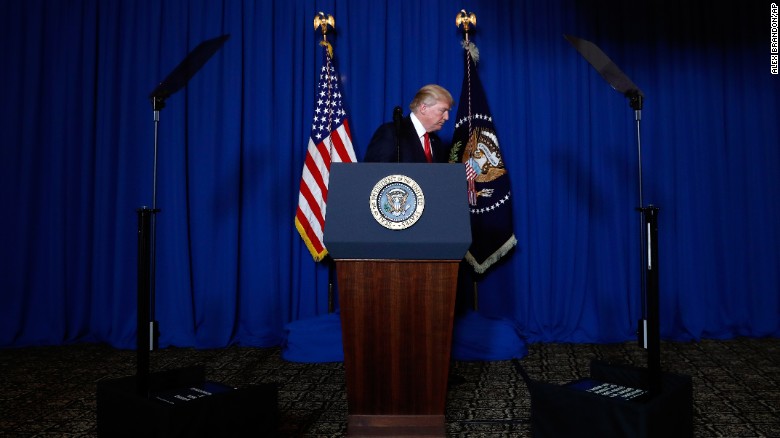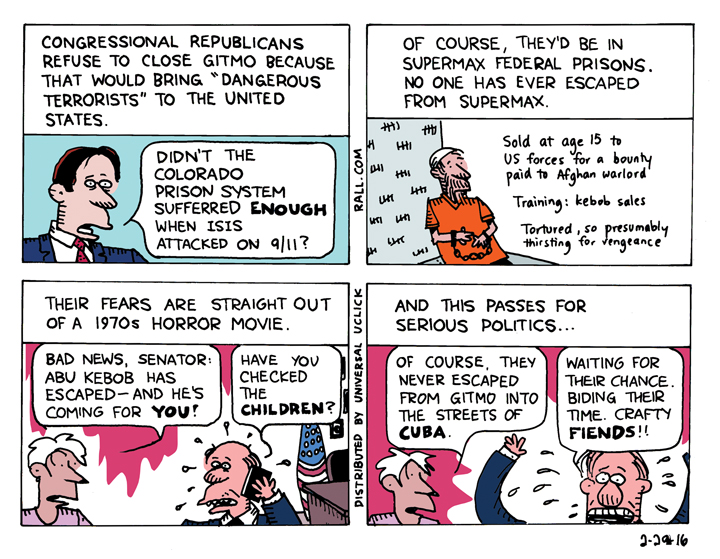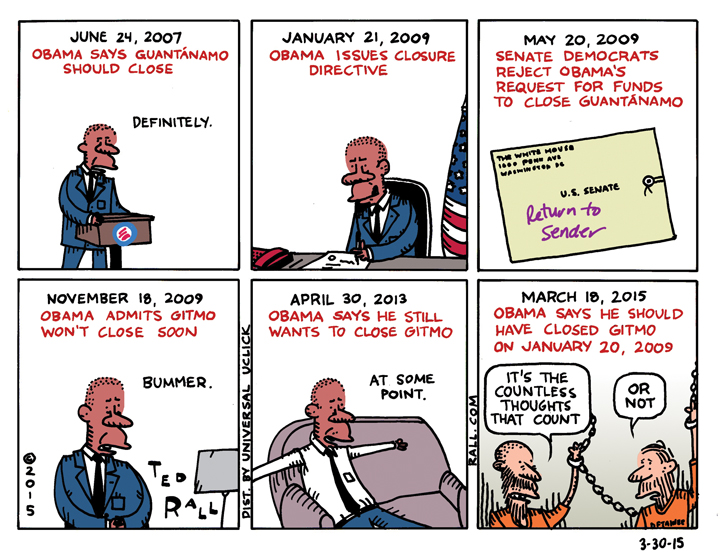
What is wrong with us? Specifically: what is wrong with liberal Democrats?
Liberal Democrats are out to get Brett Kavanaugh. They are right to be; he is dangerous. Confirming Kavanaugh to the Supreme Court would lock in a right-wing majority for a generation. Abortion rights would be imperiled, true, but his rulings would also impact us in countless ways no one can predict: privacy, technology, balance of powers, corporate influence.
What’s weird is how the “Resistance” is going after the nominee: they’re #MeToo-ing him.
They’re only #MeToo-ing him.
One woman says he tried to rape her when she was 15 and he was 17. Another says that he pulled out his penis and shoved it in her face at a college party. U-S-A! Best country ever!
At this writing a third accuser waits in the wings.
If true these are—obviously, undeniably, absolutely—nasty acts. They prompt serious questions about whether Kavanaugh has the judgment—pun intended—required of the highest court. The fact that these charges date back decades, even to his childhood, does not change that. If he were up for a less important job, one could perhaps chalk them up to youthful douchebaggery. But he’s not applying for deputy undersecretary of agriculture.
What I don’t understand is: how did Kavanaugh’s candidacy get this far? How did his bid last long enough to get to the point where it was imperiled by #MeToo-related personal misbehavior? Why didn’t it founder first on the rockier shoals of his insane ideology?
As a judge the nominee was quoted saying that the NSA’s mass surveillance of every American’s emails, phone calls and texts is “entirely consistent” with the Constitution. As a lawyer once told me, that is not and cannot be true. “In my view, that critical national security need outweighs the impact on privacy occasioned by this [NSA] program,” Kavanaugh wrote. It is impossible to overstate the importance of this issue. The NSA programs exposed by Edward Snowden transformed the United States from the supposed “land of the free” to an authoritarian Orwellian dystopia. Surely Senate Democrats might have found something to object to there.
As George W. Bush’s White House lawyer Kavanaugh worked on Alberto Gonzalez’s notorious “torture memos,” the flimsy legalistic covers Bush used to justify waterboarding and murdering innocent Muslim kidnap victims at Guantánamo concentration camp and CIA dungeons around the world. We don’t know what he told other lawyers when the memos were written but even if he opposed them he had a legal and ethical obligation to resign, contact the World Court and speak publicly about these brazen war crimes. He did not.
Not only did Kavanaugh enable Bush’s merry band of torture goons, he played what Senator Chuck Schumer described as “a critical role” in Bush’s novel use of “signing statements.” The vaunted John McCain-sponsored bill banning torture was a classic example. Bush signed it. Then he signed a signing statement that amounted to crossing his fingers behind his back: the federal government would not enforce the law. McCain’s bill became law but torture continues.
Most disturbing of all—this is a high bar given the above—Kavanaugh is a fervent devotee to the weird counterconstitutional “doctrine of the unitary executive” promoted by such fellow neocons as Dick Cheney and Paul Wolfowitz. “In its most extreme form, unitary executive theory can mean that neither Congress nor the federal courts can tell the President what to do or how to do it, particularly regarding national security matters,” explained Watergate alum John Dean.
You can see why Donald Trump is into this guy.
Supporting torture. Undermining Congress and the rule of law. Contempt for habeas corpus. Giving the president the powers of a king. Any of these are more than enough reason to oppose Kavanaugh but Democrats ignored or barely mentioned them during judiciary committee hearings. There were no rants, no floor speeches. Liberal protesters did not gather to condemn Kavanaugh on torture. Liberal groups did not air ads about it.
Give the Democrats benefit of the doubt: maybe they determined, perhaps via focus groups and tracking polls, that the sexual allegations would have longer legs, would make more headway, than Kavanaugh’s judicial extremism. Marketing money is limited. Better to focus on what works.
Trouble is, we’re not just filling a court vacancy. We’re sending messages to the world. The message Democrats are trying to send, the one that powerful men will remember if Kavanaugh’s confirmation fails, is that women can no longer be disrespected. That’s fantastic. It’s long overdue. It needs to be repeated.
But it isn’t enough.
The Democrats’ decision to ignore Kavanaugh’s stances on important policies tacitly conveys that they either endorse torture themselves or don’t much care about it, that they either tolerate the imperial presidency or don’t care about it, that they sign off on un-American views about government or are willing to look the other way.
A reasonable reading of political tea leaves has to conclude that Democrats are now a pro-torture party. In 2009 Obama refused to prosecute Bush-era CIA torturers. In 2013 Obama appointed John Brennan, also a torturer, to CIA director. In 2018 Senate Democrats like Dianne Feinstein voted to give the top CIA job to Gina Haspel, a monster who personally conducted waterboarding sessions.
Those messages to the world are toxic and dangerous. Our national moral high ground has been further eroded because Democrats took the easy path to non-confirmation.
(Ted Rall (Twitter: @tedrall), the political cartoonist, columnist and graphic novelist, is the author of “Francis: The People’s Pope.” You can support Ted’s hard-hitting political cartoons and columns and see his work first by sponsoring his work on Patreon.)









